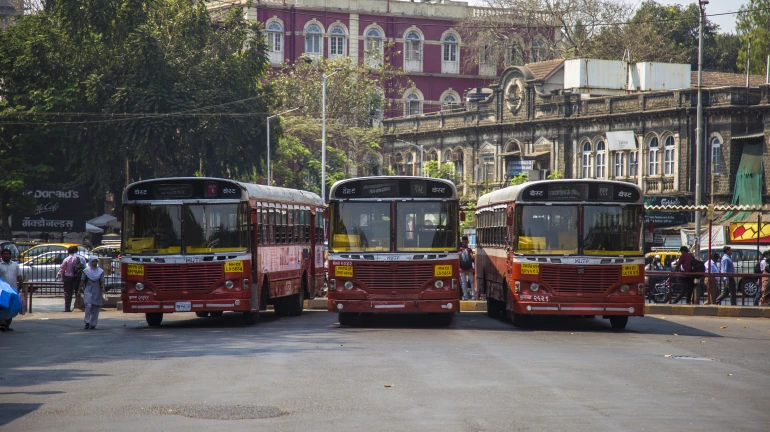
A protest was held at the Wadala bus depot on Thursday, where around 150 citizens gathered to express opposition to the increasing privatisation of Mumbai’s public bus network. Organised by the group Aamchi Mumbai, Aamchi BEST and supported by 14 NGOs, the demonstration was staged to highlight concerns over rising fares, discontinued bus routes, and diminishing access to affordable transportation for daily commuters.
It was alleged by demonstrators that the fleet of government-owned BEST buses had been reduced from over 4,500 to merely 437, while more than 3,500 buses were being operated under private contracts. The recent fare hike, implemented in May 2025, had reportedly placed additional pressure on commuters, especially those from lower-income backgrounds. The revision in fare structure had been introduced following a directive issued by Maharashtra Chief Minister Devendra Fadnavis in April.
As part of the protest, demands were made for the rollback of the fare increase and restoration of the cancelled routes. Attention was also drawn to the need for improving bus services in under-served areas such as Dahisar and Borivali. In addition, it was demanded that the pending pension and gratuity dues of retired BEST workers be released without further delay. It was further emphasised by protestors that public transportation should be viewed as a fundamental right rather than a revenue-generating business. Plans to transfer bus depot lands to private builders were strongly opposed, with warnings issued that such actions could undermine the city’s public infrastructure.
Some activists have called for a public white paper to be released by the authorities, one that would provide full transparency regarding the state of public transport, its decline, and the roadmap to restore its efficiency. The shift toward a contractor-operated model, according to him, had resulted in the gradual erosion of public accountability. Personal testimonies were shared by commuters, including a senior citizen from Dadar who stated that he had been forced to walk five kilometres daily as the revised fares had become unaffordable. The demonstration concluded with a renewed call for public pressure to ensure that accessible and equitable public transport is not allowed to become obsolete.





